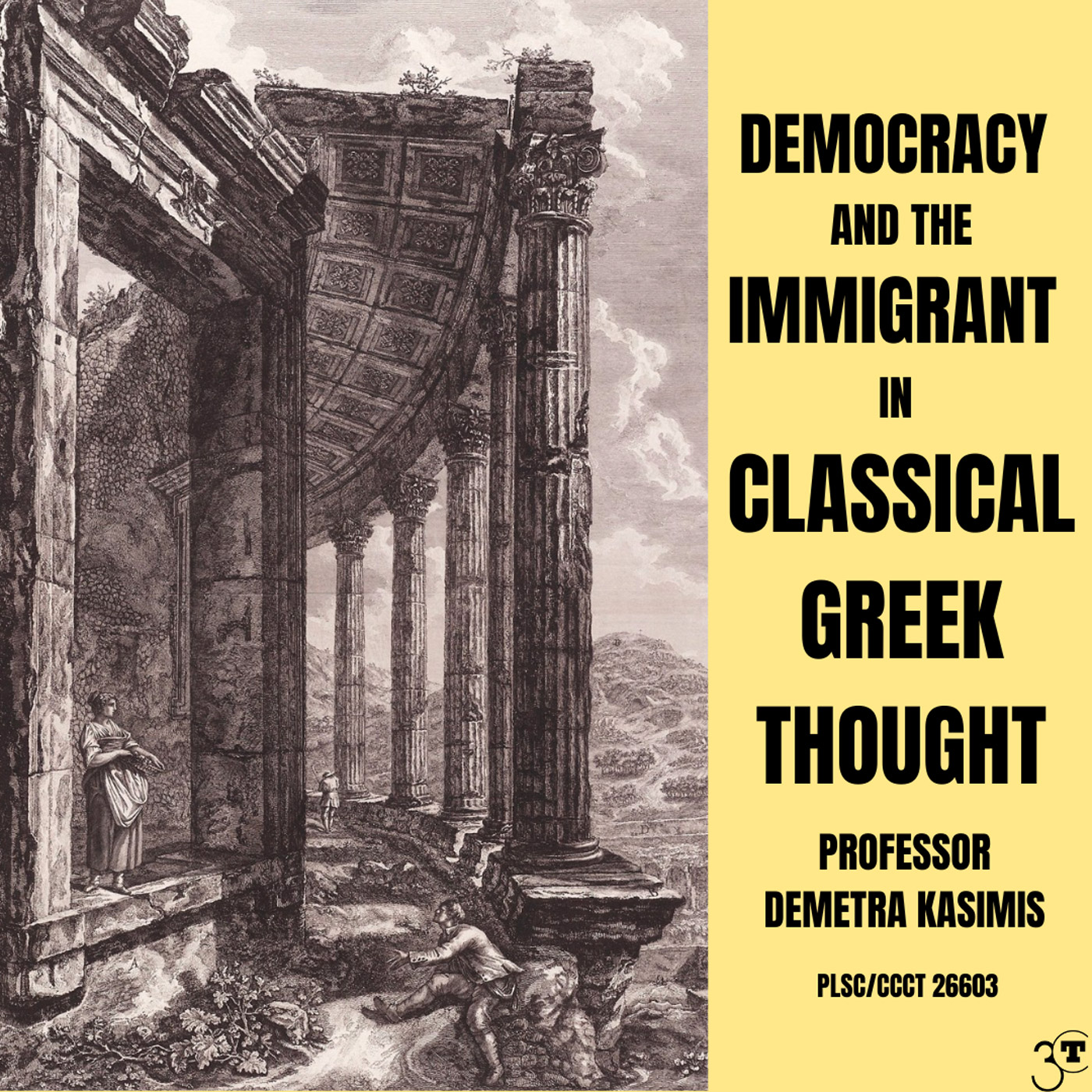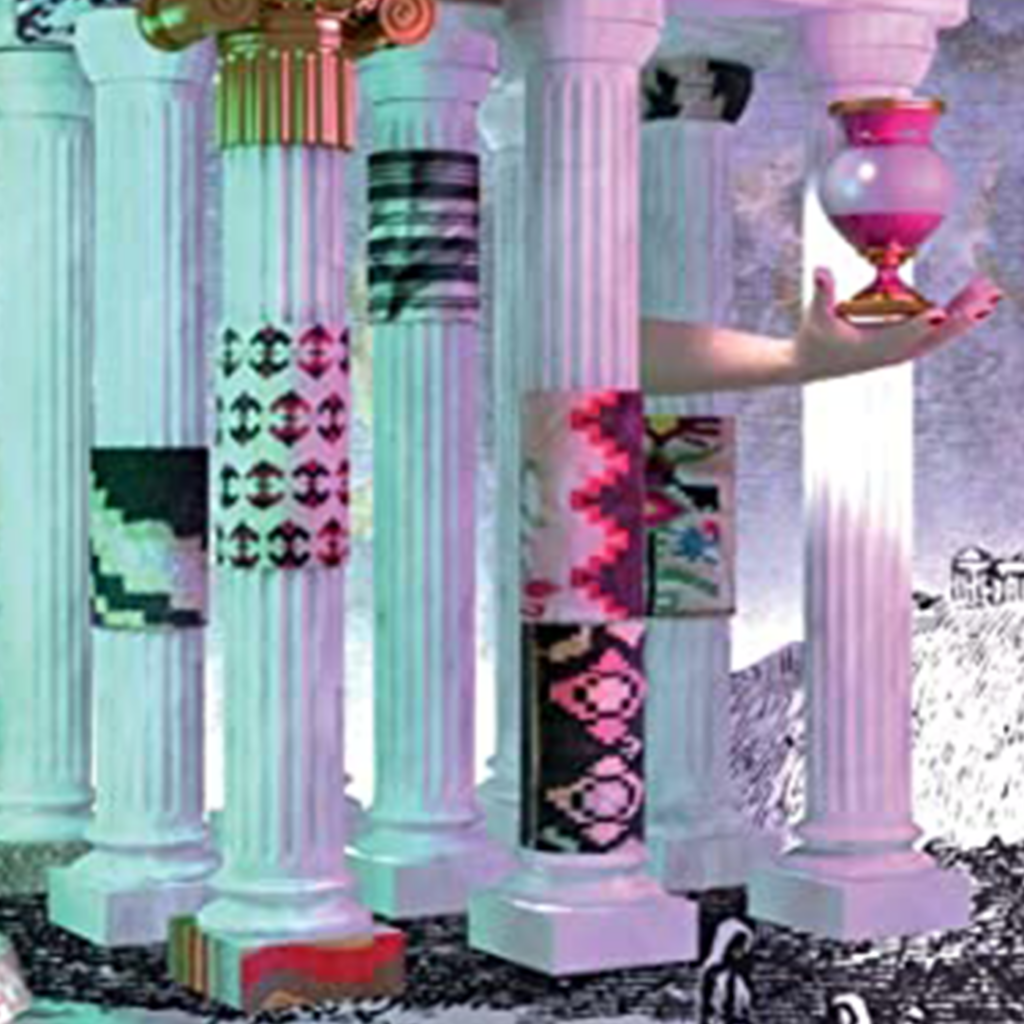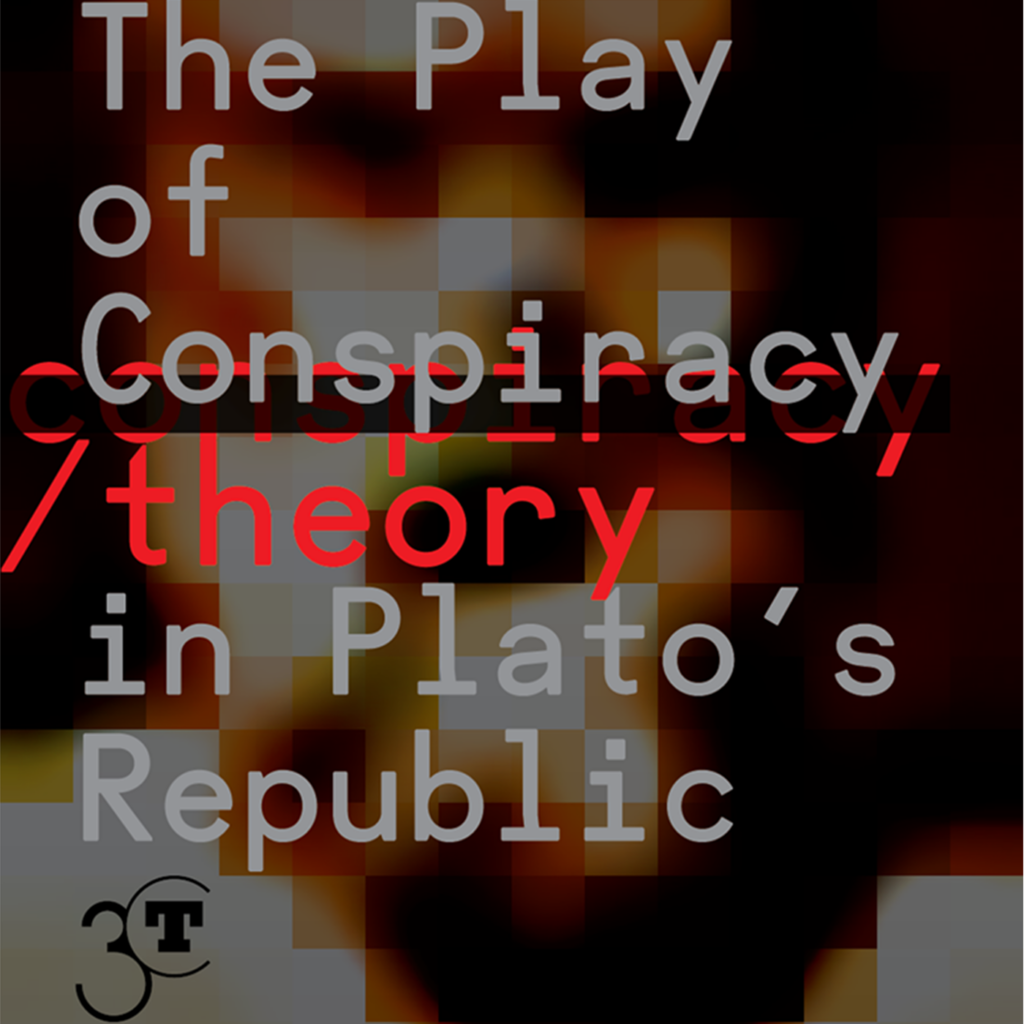Democracy and the Immigrant in Classical Greek Thought

Readers have long marveled at classical Greek thought’s ability to capture the enduring dilemmas of democratic life. But on the increasingly urgent issue of immigration, political scientists persistently bypass the Athenian democratic polis and its critics even though Athenians lived in a democracy that invited, but kept disenfranchised, a large number of free, integrated immigrants called “metics” (metoikoi). With this curiosity in mind, we seek to understand how ancient philosophers, dramatists, and orators saw the democracy’s dependence on immigrants to support its economy, fight its wars, educate its citizenry, and express a precarious way of living in the polis. On what grounds were metics excluded from citizenship? What do critics think citizenship comes to mean under such conditions? Can they shed new light on contemporary assumptions about the relationship between democracy and immigration? Readings of primary texts in translation will be paired with contemporary political theory, gender theory, and classical studies.
PLSC 26603 | CCCT 26603



